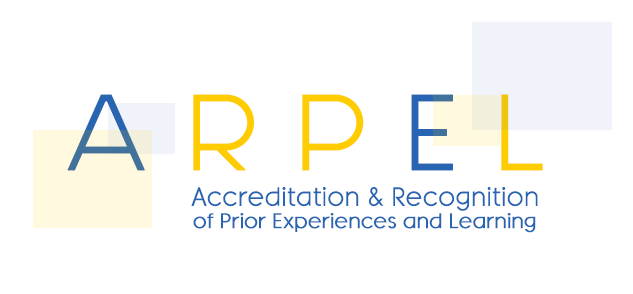Accreditation and Recognition of Prior Experiences & Learning
Research Study
As part of the first deliverable of the “Integrated RPL & APEL Level 6 Accredited Online Programme for Entrepreneurs” project, the Research team, which was composed of members of each Project Partner carried out two research studies. The first research study used secondary data collection methods to identify best practices of online accreditation, recognition of prior and experiential learning through-out Europe, whilst the second research study was carried out using both primary and secondary data collection and quantitative analysis to identify the key competencies and skills required by Entrepreneurs to become successful, particularly, in a post Covid-19 business environment.
In the first research study, each partner identified best practice websites/systems to be used as benchmarks for the development of the new ARPEL platform which will form the core of the new ARPEL based Bachelor’s Degree in Entrepreneurship proposed in the this project. This report provides best practices from thirteen European countries, including each project partner country and a total of twenty-six Higher Education Institutes. In addition, this report also includes secondary research data on the legal and regulatory frameworks in place in Europe, Greece, Italy, Lithuania, Malta, and Slovakia (as the project partner countries) in relation to the broad area of RPL in tertiary education in general.
For the second research study, the research team developed a questionnaire to collect feedback from entrepreneurs on personal competencies and work-related skills, which was composed of Management, ICT, Communications and Other Specialist Skills. Within each competence/skill area, the respondents had to rate the level of importance for each competence/skill in that category. In addition, respondents also had the option to add any other competence/skill that they deem to be very important for a particular category.
The questionnaire was distributed in each partner country and promoted via social media and partner networks. Respondents also had the option to choose from more than 1 language in carrying out the survey and this included English, French, Italian, Greek, Lithuanian, Slovak and Spanish. The survey was distributed over the period November-December 2020 and in total 158 respondents participated in the survey.
The results carried out from the questionnaire analysis were quite interesting, particularly, those related to work-related skills. In this research report, the top 5 from each Competence/Skill area is highlighted with the percentage of importance. The research team are now able to use this data to incorporate within the development of the ARPEL Process as the first Component of the Bachelor’s degree in Entrepreneurship.
Please complete the following form to receive a copy of the Research Report.
